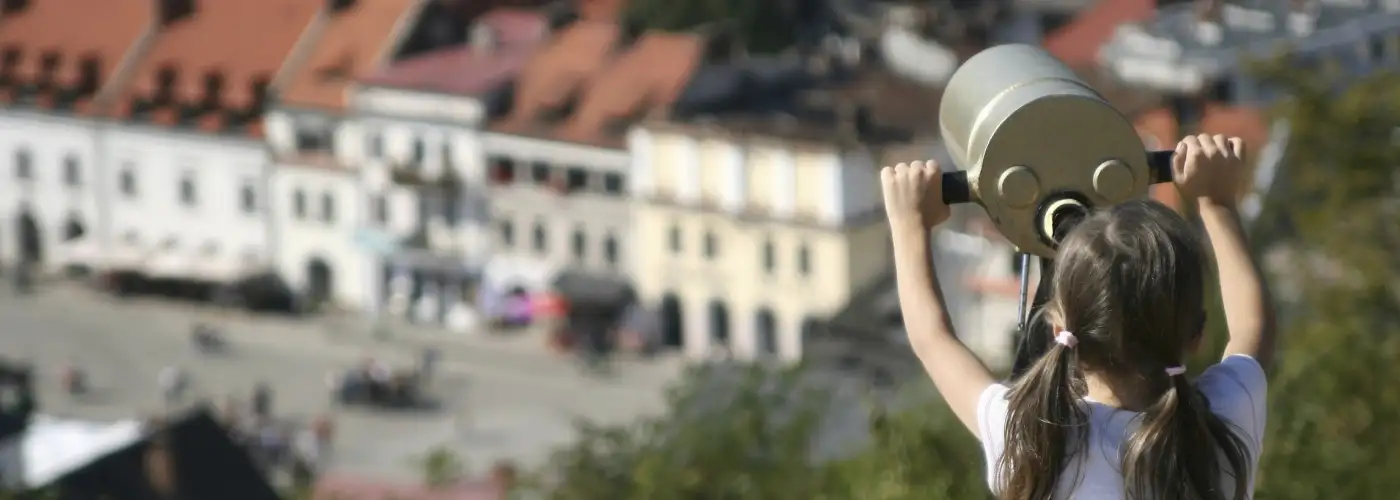Staying at a European bed-and-breakfast is a bit like having your own temporary mother while you travel. In the morning, your hostess might help plan your day, tipping you off to the best places for lunch and about the live folk music in the village pub that evening. She then sends you out the door with a smile, handing you an umbrella—just in case it rains. The best B&Bs ooze warmth and local color, making these some of my favorite accommodations in Europe.
B&Bs are generally small, family-run places with fewer amenities but more character than a hotel. Most B&Bs offer up to six rooms in the hosts’ own home, though they can range from large guest houses with 20 rooms to small homes renting out a single spare bedroom.
While B&Bs often lack the conveniences of a hotel—such as fancy lobbies, restaurants, and in-room phones—I happily make the trade-off for the personal touches that they do offer, whether it’s joining my hosts for tea in the afternoon or relaxing by a common fireplace at the end of the day. And unlike American bed-and-breakfasts, which are usually frilly, fancy places that cost just as much as hotels, B&Bs in Europe are generally cheaper than comparable hotels.
But even though B&Bs are family-run, it doesn’t mean you have to feel pressure to become “part of the family.” Chatty friendliness is not forced on guests. Depending on my mood and workload, I am often very businesslike and private during my stay. On other occasions, I join the children in the barn for the sheep-shearing festivities.
While you can find good family-run accommodations in any European country, the best ones are in Great Britain and Ireland. B&Bs in the British Isles typically have several rooms and are run by a charming couple or family (I avoid B&Bs run by owners who live offsite). Amenities like free Wi-Fi and a tea-making machine in the room are standard.
The best part is the huge, home-cooked breakfast—the English or Irish fry. Most B&B owners take pride in their breakfasts. Each morning, you sit down at an elegant and very British table setting in a small, intimate dining room. You help yourself to cereal, juice, yogurt, and fruit while ordering up whatever parts of the fry you desire, including bacon, sausage, eggs, broiled tomatoes, mushrooms, toast, and coffee or tea.
B&Bs aren’t for everyone, though. Some B&Bs either don’t allow kids or require them to be over a certain age (usually somewhere around eight to 12). B&Bs can be equally unfriendly to seniors with mobility issues, as rooms may be tucked away in attics or perched at the top of several flights of stairs. Don’t expect an elevator.
Because B&Bs are often housed in older buildings, rooms may be smaller and more cramped than hotels. They can have thinner walls and creaky floorboards, so you might hear other guests creeping around at night. And while most rooms have an “en suite” (attached) bathroom, some rooms come with a “private bathroom” instead, which can mean that the bathroom is all yours, but it’s across the hall.
It’s not uncommon for B&Bs to have a two-night minimum, especially in popular weekend-getaway spots. Although more B&Bs now take credit cards, they may add a service fee to your bill. Others are still cash only.
Depending on what country you’re traveling in, bed-and-breakfasts go by different names (and may not include breakfast at all). In Germany, Switzerland, and Austria, B&Bs are known as Zimmer Frei or Privatzimmer. These are common in tourist areas, such as Austria’s Salzkammergut Lake District, Germany’s Rhine region, and southern Bavaria.
In rural Spain, look for a cama or casa particular. In Croatia and Slovenia—where mass tourism and overpriced resort hotels reign—private rooms called sobe are often the best deal going. France’s chambres d’hote, mainly in the countryside and in small towns, are usually listed only through tourist information offices. While your hosts likely won’t speak English, they will almost always be happy to share their home.
I especially enjoy staying at farmhouse B&Bs, such as those in Britain or in Italy (where they’re called agriturismi ). Like in the U.S., many family farms are struggling to survive. By renting rooms to travelers, farmers can remain on their land and continue to produce food. Not only do farmhouse B&Bs provide a quiet, restful place to call home, but they can also give you a peek at some fun traditions, such as a hot-water bottle for the bed to warm it up at night.
B&Bs are the next best thing to staying with a family. Even if hotels weren’t more expensive, this budget alternative can be your best bet for a wonderful, culturally intimate experience.
Rick Steves (www.ricksteves.com) writes European travel guidebooks and hosts travel shows on public television and public radio. Email him at rick@ricksteves.com and follow his blog on Facebook.
We hand-pick everything we recommend and select items through testing and reviews. Some products are sent to us free of charge with no incentive to offer a favorable review. We offer our unbiased opinions and do not accept compensation to review products. All items are in stock and prices are accurate at the time of publication. If you buy something through our links, we may earn a commission.
Related
Top Fares From
Today's Top Travel Deals
Brought to you by ShermansTravel
France: 8-Night Paris, Avignon & Nice...
Infinity Worldwide Vacations
 vacation
$2880+
vacation
$2880+
Poconos: 3 Nts in Garden of...
ResortsAndLodges.com
 hotel
$305+
hotel
$305+
7-Nt Canada & New England Cruise,...
Princess Cruises
 cruise
$839+
cruise
$839+




